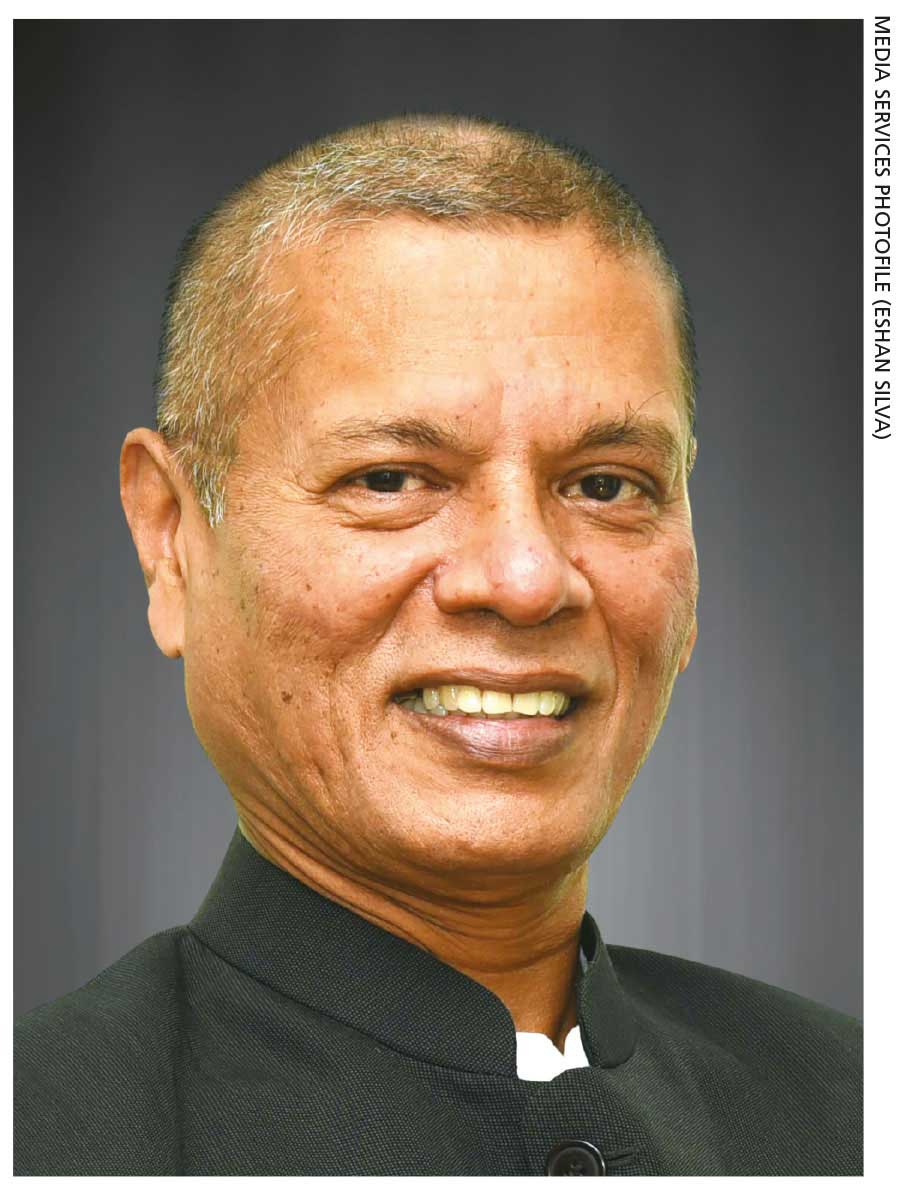PUBLIC RELATIONS
THE BANE OF COMMUNICATIONS
Jayantha Sittampalam underlines the fallacies in modern-day dialogues
Compiled by Randheer Mallawaarachchi
 Q: Has the COVID-19 pandemic redrawn the responsibilities of communications specialists?
Q: Has the COVID-19 pandemic redrawn the responsibilities of communications specialists?
A: The internet has led to the creation of a behavioural change in society, and the pandemic has hastened and accelerated that process. As a result, the public must rapidly adapt to the ‘new normal.’
Embracing the internet has become mandatory to accomplish even routine tasks such as ordering essentials and having food delivered to our homes.
The community has gone online in the throes of the worst pandemic in decades. News and information sources have become digitalised, online versions of newspapers have seen a spike in popularity while circulation of their print versions has been dropping.
However, the responsibilities of communications specialists remain unchanged: their role is to enhance and manage the corporate reputation of companies and related brands.
Q: What are the key attributes that need to be developed by a corporate communications expert?
A: A notable difference between digital or social media and traditional media is that the audience of the former platform has the ability to converse directly with the communicator.
They can now review, criticise, comment and leave feedback. This has transformed every form of communication into a dialogue.
Users have the power to become broadcasters and the potential of broadening the reach of a message has grown due to the ability to share news. It is a luxury that was previously unavailable to the public.
The holy grail for communications specialists is to be able to go viral and as such, they need to upgrade their skillset to match the expectations of audiences. Therefore, it is mandatory to effectively create and publish content that targets the identified demographic while managing the generated responses.
Communications specialists can’t afford to present or proclaim a corporate position and expect it to become accepted at face value. An expert should be fully aware of and sensitive to the values and causes that customers and the public hold dear since they don’t hesitate to respond with prompt feedback.
Planning the dissemination of messages now includes managing the public’s response to them. It is a prime reason for the growth of social media monitoring since it has become a crucial service to marketers.
Q: As far as corporate communications strategy is concerned, what are the barriers that impede its effectiveness?
A: Although there will never be a shortage of sources of information, the fact is that their credibility needs to be verified.
The circulation of false or diluted information is seen in abundance in the present context. Audiences are forced to accept news with a grain of salt as the validity of the information has to be fact checked for authenticity.
As a result, corporate communications strategies are due for a drastic and fundamental change.
Most often, the public is doubtful about news that’s circulating, and looks for third party corroboration and external evidence that confirms and supports such reports. They prefer to learn about the genuine backstory to the event if they’re to accept the credibility of a news item.
The previous metric of measuring effectiveness by visibility generated through a column inch of space or minute of airtime is no longer valid. Visibility without credibility is futile – and indeed, that is how it should be.
Q: What are the latest trends and innovations that experts can capitalise on?
A: A radical rethink is taking place in the communications sector. Direct forms of communication such as traditional advertising now have diminished power compared to indirect communications – viz. third party voices or word-of-mouth advertising.
Agents must take note of the tremendous power influencers and bloggers wield on markets. They have become kingmakers in the modern era.
Q: How would you rate the attention given to nurturing young talent in Sri Lanka?
A: I feel that very little attention is given to educating young talent especially in terms of their on-the-job experience as trainees.
Specialisation in corporate communications is a rare sight since it’s viewed as a sub-discipline within marketing; it is an area that requires constant relearning to achieve success. Furthermore, experts in communications find it difficult to automatically adapt to new technologies and applications.
The solution to this dilemma is to internationalise learning. The world has become a global village and it is pertinent that our nation takes advantage of what is available at our fingertips.



